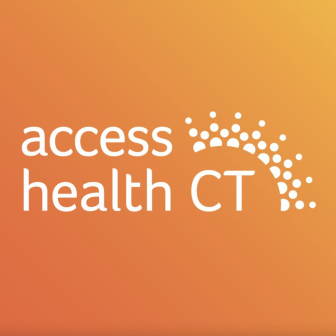Connecticut Children's, Yale New Haven Ranked Among Best in Neonatology
/Two of the nation’s top 50 hospitals for neonatology are in Connecticut. Connecticut Children’s Medical Center ranked #25 and Yale New Haven Children’s Hospital ranked #36 in the latest analysis by US News & World Report, which publishes hospital rankings in various medical specialties.
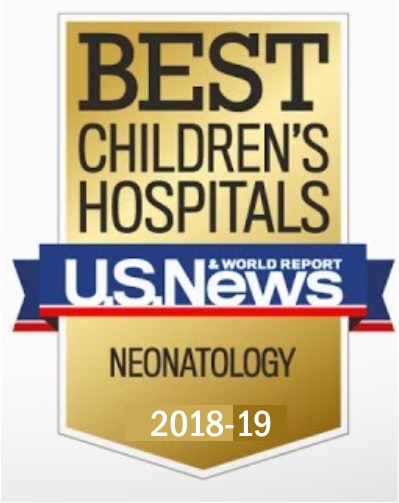 Atop the rankings in the pediatric specialty were Children’s National Medical Center (Washington, DC), Children’s Hospital of Philadelphia, Boston Children’s Hospital, Children’s Hospital Colorado, Cincinnati Children’s Hospital Medical Center, Rainbow Babies and Children’s Hospital (Cleveland), UCSF Benioff Children’s Hospital of San Francisco and Oakland, New York-Presbyterian Morgan Stanley-Komansky Children’s Hospital, St. Louis Children’s Hospital-Washington University, and C.S. Mott Children’s Hospital – Michigan Medicine (Ann Arbor).
Atop the rankings in the pediatric specialty were Children’s National Medical Center (Washington, DC), Children’s Hospital of Philadelphia, Boston Children’s Hospital, Children’s Hospital Colorado, Cincinnati Children’s Hospital Medical Center, Rainbow Babies and Children’s Hospital (Cleveland), UCSF Benioff Children’s Hospital of San Francisco and Oakland, New York-Presbyterian Morgan Stanley-Komansky Children’s Hospital, St. Louis Children’s Hospital-Washington University, and C.S. Mott Children’s Hospital – Michigan Medicine (Ann Arbor).
Fifty pediatric centers were ranked for care of fragile newborns. Breast milk at discharge, patient volum e, infection rates in the NICU and other data collected from a detailed U.S. News clinical survey of children's hospitals, produced 85 percent of each hospital's score. The other 15 percent reflects nominations from pediatric specialists and subspecialists who responded to surveys in 2016, 2017 and 2018 and recommended the hospital for serious cases in their specialty.
e, infection rates in the NICU and other data collected from a detailed U.S. News clinical survey of children's hospitals, produced 85 percent of each hospital's score. The other 15 percent reflects nominations from pediatric specialists and subspecialists who responded to surveys in 2016, 2017 and 2018 and recommended the hospital for serious cases in their specialty.
Yale’s highest ranking among nearly a dozen pediatric specialties was in Pediatric Diabetes & Endocrinology, where it ranked eighth. Connecticut Children’s is ranked in four specialties, including Pediatric Urology (#30), Pediatric diabetes & Endocrinology (#37), and Pediatric Cardiology & Heart Surgery (#49). Yale New Haven Children’s Hospital is nationally ranked in nine specialties. (U.S. News includes Yale New Haven Hospital and Connecticut Children's Medical Center in evaluating the performance of Yale New Haven Children's Hospital in Pediatric Cardiology & Heart Surgery and Pediatric Urology.)
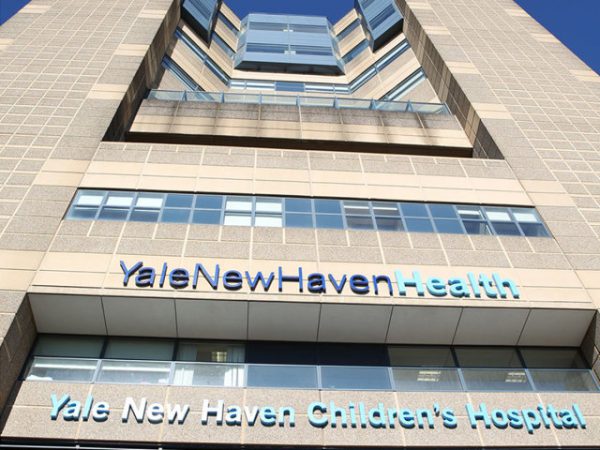
Yale New Haven Children’s Hospital admits approximately 125 patients a day. With 208 licensed beds, the hospital has neonatal and pediatric intensive care units, a 24-hour pediatric emergency room and a children's surgery center, according to US News.
Connecticut Children’s reports it has established the largest newborn delivery services network in the state of Connecticut based on the number of hospitals for whom it provides neonatology care. In addition to Connecticut Children’s two NICUs located in Hartford and Farmington, Connecticut, the Medical Center also provides newborn delivery services at nine hospitals, including five additional NICUs. Hospital partners include Hartford HealthCare (4 hospitals), Western Connecticut Health Network (2 hospitals, as of this month), Ascension (St. Vincent’s Medical Center), Eastern Connecticut Health Network (Manchester Hospital), and Day Kimball Healthcare.
“We’re excited to bring our expertise to more babies in Connecticut,” said Jim Moore, MD, Division Chief for Neonatology at Connecticut Children’s. “My goal is for Connecticut Children’s to develop a truly comprehensive, regionalized, clinically integrated network for newborn care across the state.”
Connecticut Children’s drives innovation across its newborn delivery service locations by sharing best practices and protocols across the network, and ensuring that family centered rounding is done for every patient, according to hospital officials. It also practices “family centered care” - moving patients to the right location for the care they need, but then returning them to their home hospital when they no longer need that higher level of care, officials point out.
“The recognition from U.S. News & World Report is a testament to our dedicated physicians, nurses and staff who care for the sickest children while working tirelessly on advancing research and clinical outcomes at the Medical Center,” said Jim Shmerling, President & CEO at Connecticut Children’s Medical Center. “We continue to expand our care network, making it easier than ever for our patient families to access the care they need, when they need it and most importantly where they need it; close to home.”



 The review of the research, conducted by Connecticut-based Rodriguez Data Solutions, points out that policymakers often promote K-12 regionalization as a way to achieve cost savings, but often fail to consider the consequences for student educational achievement. The report reviewed initiatives to promote K-12 regionalization in several states including Connecticut, Maine, New York and Vermont. Among the findings:
The review of the research, conducted by Connecticut-based Rodriguez Data Solutions, points out that policymakers often promote K-12 regionalization as a way to achieve cost savings, but often fail to consider the consequences for student educational achievement. The report reviewed initiatives to promote K-12 regionalization in several states including Connecticut, Maine, New York and Vermont. Among the findings:
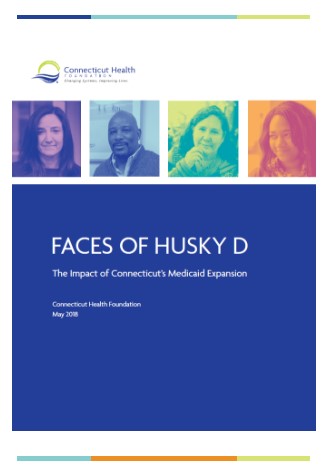
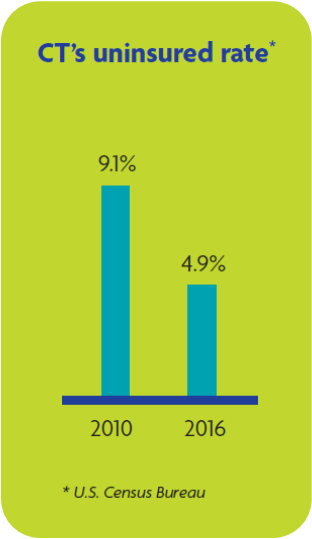
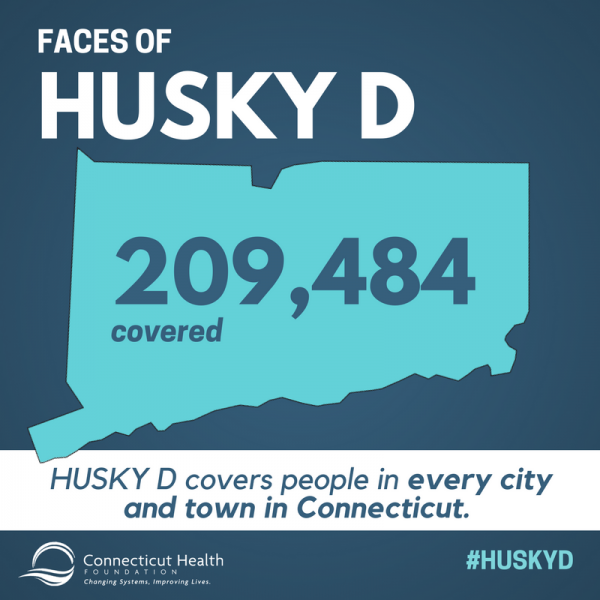 han 90 percent of the cost of the program, allowing Connecticut to cover more than 200,000 people with a relatively small budgetary impact.” Currently, the federal government pays 94 percent of the cost of coverage and the state pays 6 percent. The report also identifies challenges associated with HUSKY D, including concerns raised by health care providers about Medicaid payment rates and uncertainty in federal funding.
han 90 percent of the cost of the program, allowing Connecticut to cover more than 200,000 people with a relatively small budgetary impact.” Currently, the federal government pays 94 percent of the cost of coverage and the state pays 6 percent. The report also identifies challenges associated with HUSKY D, including concerns raised by health care providers about Medicaid payment rates and uncertainty in federal funding.
 The survey found that 38 percent of students whose grades were mostly A’s texted or e-mailed while driving a car on at least one occasion in the 30 days prior to the survey. The percentage was slightly less among students with lower grades: 31% of students with mostly B’s, 30% of students with mostly C’s and 23% of students with mostly D’s and F’s.
The survey found that 38 percent of students whose grades were mostly A’s texted or e-mailed while driving a car on at least one occasion in the 30 days prior to the survey. The percentage was slightly less among students with lower grades: 31% of students with mostly B’s, 30% of students with mostly C’s and 23% of students with mostly D’s and F’s. The ranking does not capture the full extent of deprivations or hardships affecting children. Instead, it focuses on some key rights, or “guarantees” of childhood: life, healthy growth and development, education and protection from harm. If a child experiences all of these, his/her childhood is considered to be “intact.”
The ranking does not capture the full extent of deprivations or hardships affecting children. Instead, it focuses on some key rights, or “guarantees” of childhood: life, healthy growth and development, education and protection from harm. If a child experiences all of these, his/her childhood is considered to be “intact.”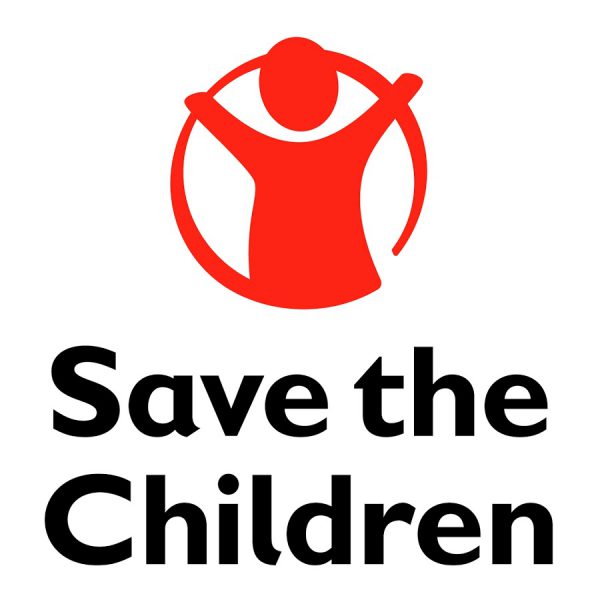
 The report notes that “While children are only 20 percent of the population, they are 100 percent of America’s future.” Save the Children’s ranking reveals children in New Jersey, Massachusetts, Vermont and New Hampshire are far more likely to experience safe, secure and healthy childhoods than children in Louisiana, Mississippi, Oklahoma and New Mexico.
The report notes that “While children are only 20 percent of the population, they are 100 percent of America’s future.” Save the Children’s ranking reveals children in New Jersey, Massachusetts, Vermont and New Hampshire are far more likely to experience safe, secure and healthy childhoods than children in Louisiana, Mississippi, Oklahoma and New Mexico.
 “This is an exciting opportunity for all of us at Foodshare. More produce and healthier options: that’s the future of food banking,” said Jason Jakubowski, President and CEO of Foodshare.
“This is an exciting opportunity for all of us at Foodshare. More produce and healthier options: that’s the future of food banking,” said Jason Jakubowski, President and CEO of Foodshare.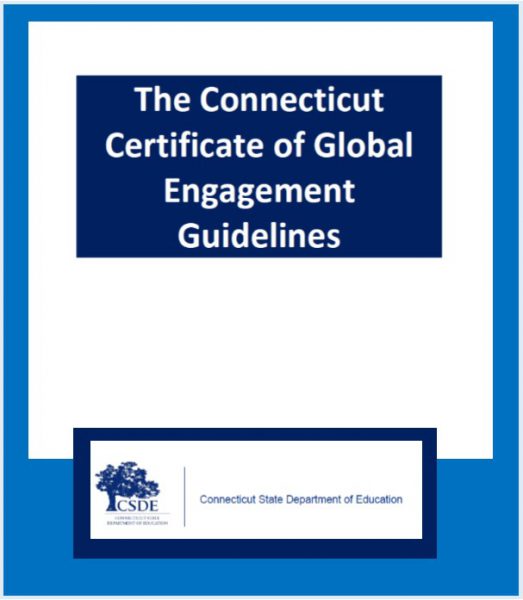
 by the Common Core Standards and provides a pathway for 21st Century Skills.
by the Common Core Standards and provides a pathway for 21st Century Skills.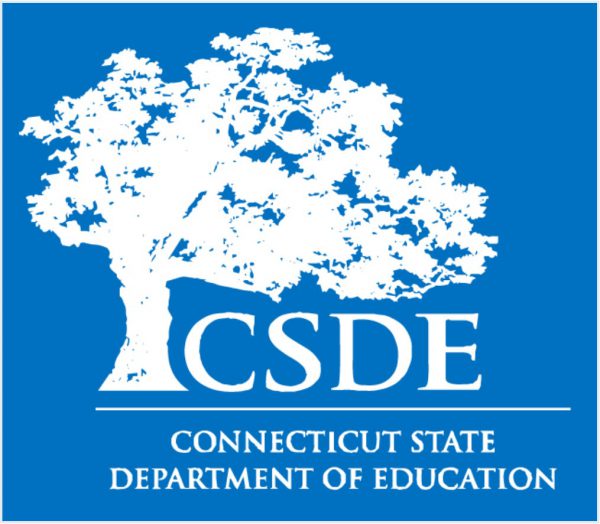 Globally-Focused Coursework would require at least 7.0 credits or demonstration of mastery and Globally-focused Student Activities would require competency in global citizenship through active participation in “at least one or more co-curricular and other school-sponsored or endorsed activities over at least 3 years of their high school experience with suggested involvement of a total of at least 15 hours.”
Globally-Focused Coursework would require at least 7.0 credits or demonstration of mastery and Globally-focused Student Activities would require competency in global citizenship through active participation in “at least one or more co-curricular and other school-sponsored or endorsed activities over at least 3 years of their high school experience with suggested involvement of a total of at least 15 hours.”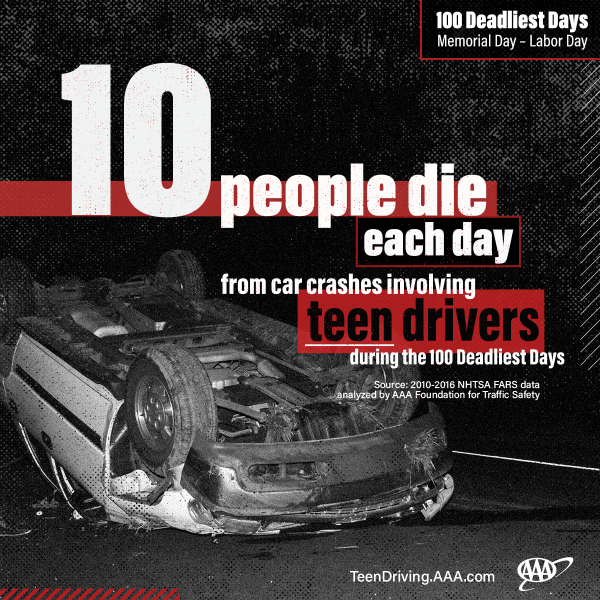
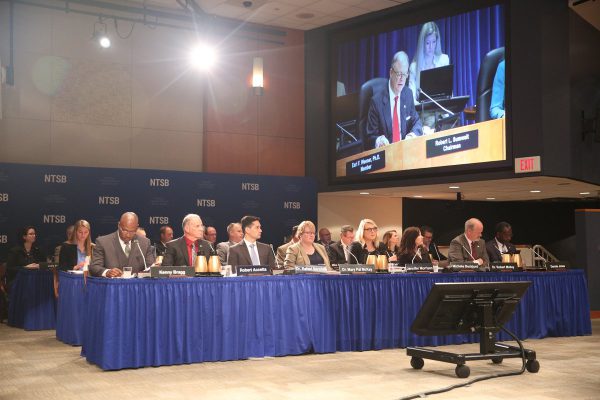
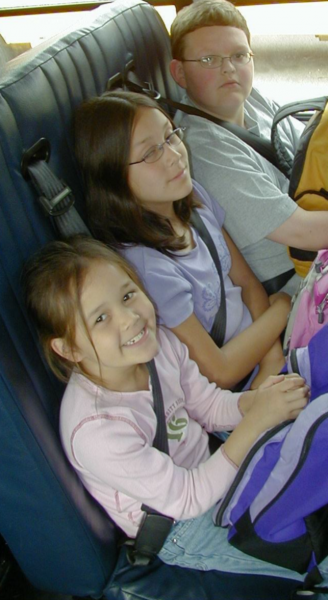
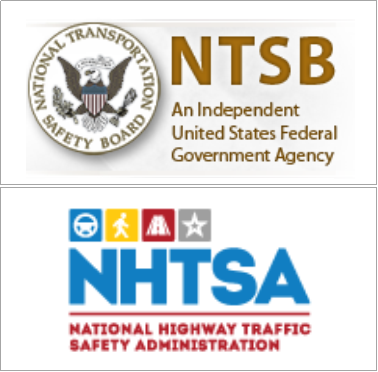

 The top five female names in Connecticut in 2017 were Olivia (230), Emma (219), Ava (169), Mia (162) and Sophia (159). The leading names selected for boys were Noah (222), Liam (208), Logan (189) Jacob (187), and Michael (175).
The top five female names in Connecticut in 2017 were Olivia (230), Emma (219), Ava (169), Mia (162) and Sophia (159). The leading names selected for boys were Noah (222), Liam (208), Logan (189) Jacob (187), and Michael (175).


















